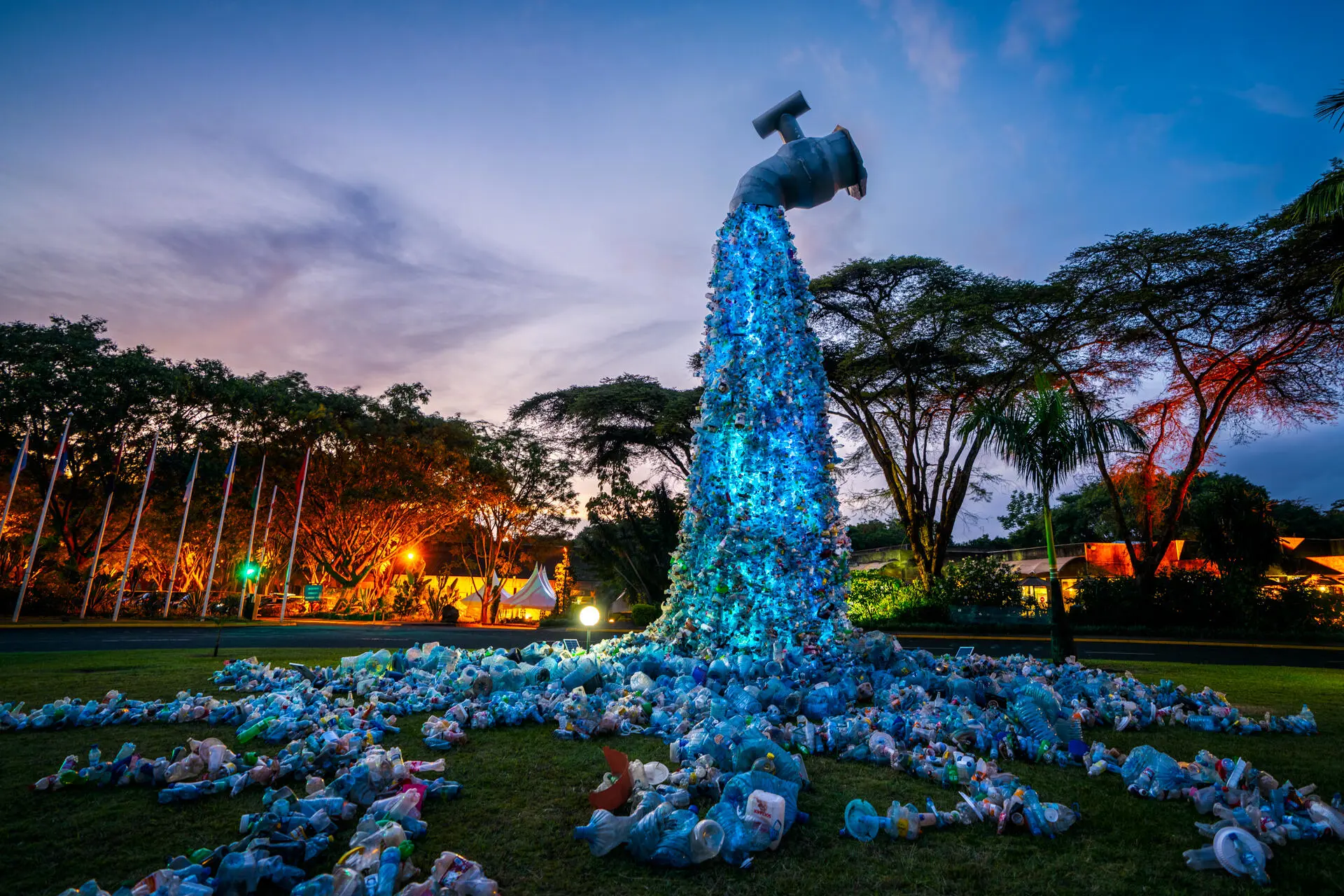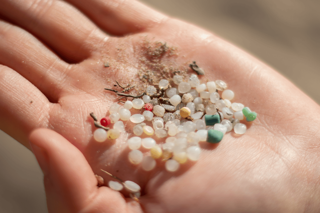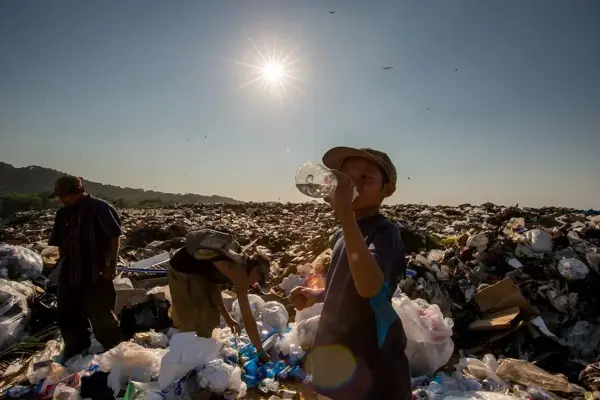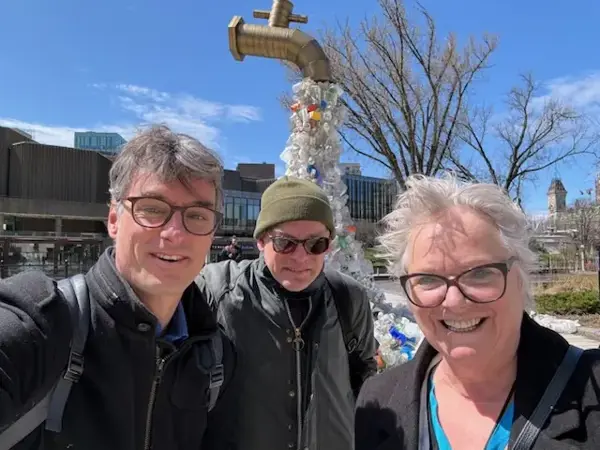After a two-year negotiation process, a global Plastic Treaty was due to be concluded in Busan, South Korea, in late November to stop the world's plastic pollution. However, the summit ended without concrete results. Resistance came mainly from oil states like Saudi Arabia and Russia, followed by major plastic producers including China and India.
As a result, the summit was particularly crowded with lobbyists from the oil and plastics industry. At least 220 were identified, more than all EU delegates combined.
To the frustration of many countries, this like-minded oil group managed to seriously slow down the progress of the process. The drafting of measures was successfully delayed and eventually there was insufficient time left to reach agreements.
Frustrations over this ran high. Juan Carlos Monterrey Gómez, Panama's negotiator, described the treaty as a struggle for survival:
‘Plastic is a weapon of mass destruction for Panama,’ he said. ‘Every piece we allow unlimited production is a direct attack on our health, on our nature and on our children. For those who block progress, you let this crisis fester and it will kill us.’
Over the week, support for an ambitious treaty grew despite all the opposition. In the end, more than 100 countries stood up to call for a production cap on plastics and also to ban certain types of plastics and plastic-related chemicals.
Present on behalf of Plastic Soup Foundation was Jeroen Dagevos, Head of Programmes, along with Professor Thais Mauad and Dr Luis F. Amato from Brazil. Professor Mauad led the team that was the first in the world to demonstrate that microplastics can enter our brains through inhalation through the nose. A mini-documentary about her in the series ‘Scientists Speak Out: Plastic & Brains’ was screened for the first time at a successful event. Prof Mauad calls on governments to take responsibility and protect their citizens from the effects of plastic on our health. On this, she is very concerned.
Jeroen Dagevos: ‘I am not leaving Busan discouraged. The group of countries demanding a strong plastic treaty has grown. Yet there is still a huge amount of work to do before INC-5.2, which will take place in 2025. There too, we as Plastic Soup Foundation will make ourselves heard again!’
Von Hernandez of Break Free From Plastic concludes, ‘As we enter this extended negotiation phase, we do so with renewed ambition. With more than 100 countries championing our movement's key demands for an ambitious treaty, you can see that momentum is shifting in our favour. The public narratives around these talks have largely embraced our vision for an ambitious treaty, which is a testament to the power of our collective work. However, we should not underestimate the power of the group of oil states and the fossil fuel industry, as they will undoubtedly persist in derailing and undermining the prospects for a robust plastic treaty.’





